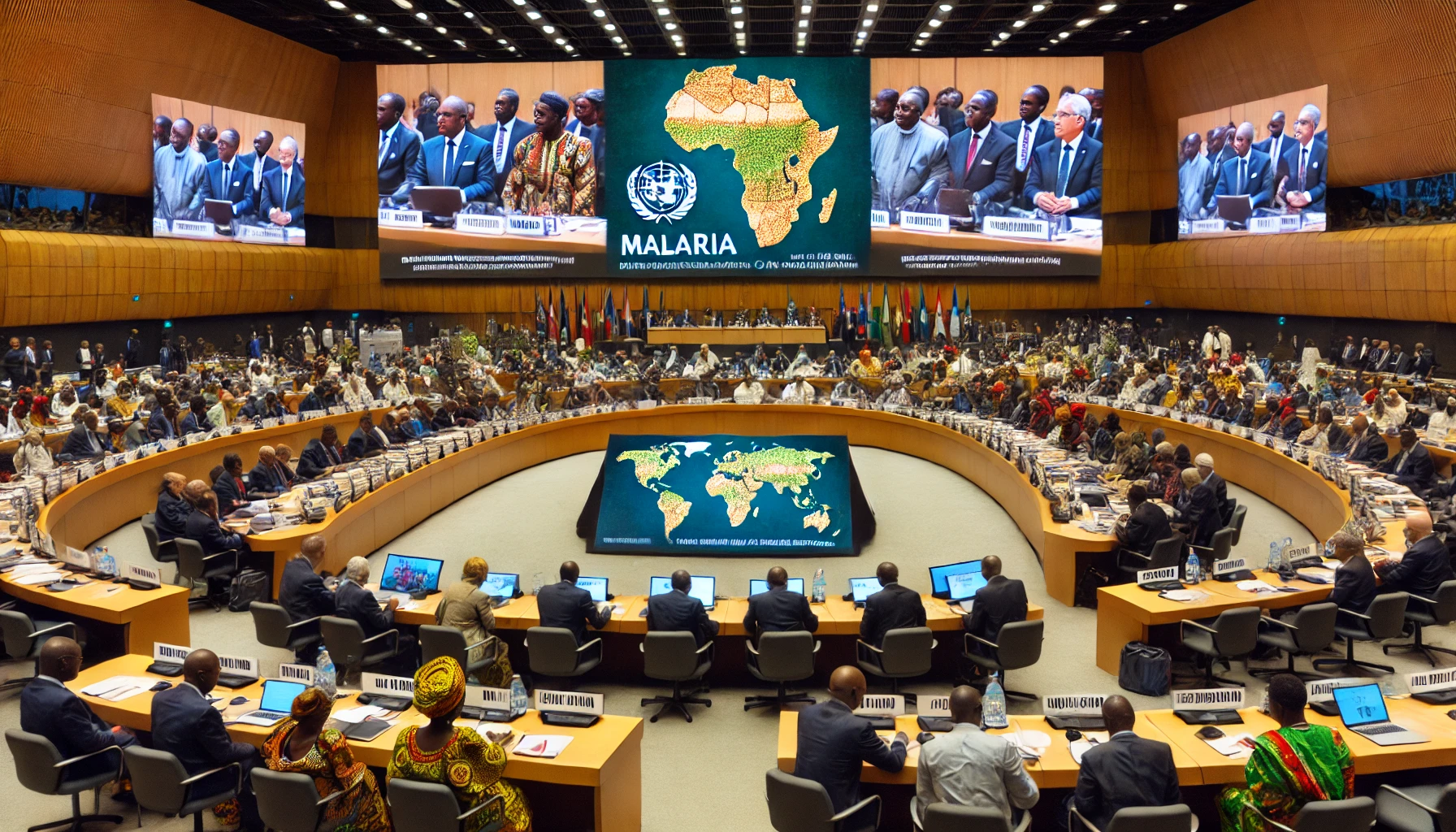The World Health Organization (WHO) has officially certified Egypt as malaria-free, marking a major public health milestone for the country of over 100 million people. This achievement is the result of nearly a century of sustained efforts by the Egyptian government, health authorities, and communities to eliminate a disease that had plagued the nation since ancient times.
"Malaria, which has been with Egyptian civilization since the days of the pharaohs, is now a part of its history, not its future," said Dr. Tedros Adhanom Ghebreyesus, WHO Director-General. "This certification is a testament to Egypt's commitment to eradicating this ancient scourge and serves as an inspiration to other countries in the region."
Egypt becomes the third country in the WHO Eastern Mediterranean Region to receive malaria-free certification, following the United Arab Emirates and Morocco. Globally, 44 countries and one territory have achieved this significant milestone.
While celebrating the achievement, Egypt’s Deputy Prime Minister, H.E. Dr. Khaled Abdel Ghaffar, emphasized the importance of vigilance to sustain the malaria-free status. "This is not the end, but the beginning of a new phase. We must remain steadfast in surveillance, diagnosis, and treatment to prevent re-establishment of the disease," he said, committing to continued efforts to safeguard public health.
Egypt's Long Road to Elimination
Malaria has been present in Egypt since 4000 B.C.E., with genetic traces found in the mummies of ancient pharaohs such as Tutankhamun. The country's first coordinated efforts to control malaria began in the 1920s, when rice cultivation near homes was banned to reduce mosquito breeding. By 1930, malaria was declared a notifiable disease, and Egypt opened its first malaria control station focused on diagnosis and treatment.
Despite these efforts, the Second World War caused a surge in malaria cases, with over 3 million infections by 1942 due to population displacement, disruption of medical services, and the spread of Anopheles arabiensis, a highly efficient mosquito vector. Egypt responded with mass mobilization, establishing 16 malaria treatment divisions and deploying over 4,000 health workers.
The construction of the Aswan Dam in 1969 presented a new malaria risk by creating breeding grounds for mosquitoes. In response, Egypt collaborated with Sudan on a rigorous vector control and surveillance program. By 2001, malaria was largely under control, and the focus shifted to preventing the re-establishment of the disease.
In 2014, a small outbreak in the Aswan Governorate was quickly contained through prompt diagnosis, treatment, and vector control efforts. Health professionals across the country are trained to detect and screen for malaria cases, and diagnosis and treatment are provided free of charge to the entire population, regardless of legal status.
Regional Cooperation and Future Vigilance
Egypt's cross-border collaboration with neighbouring countries, particularly Sudan, has played a critical role in maintaining its malaria-free status. The nation's strong health infrastructure and its ability to rapidly respond to potential outbreaks have been key to its success.
"Egypt has shown that with dedication, vision, and collaboration, even the greatest challenges can be overcome," said Dr. Hanan Balkhy, WHO Regional Director for the Eastern Mediterranean. She added that Egypt's success is a beacon of hope for other malaria-endemic countries and underscores the importance of continued regional cooperation, particularly with Sudan.
As Egypt moves forward, it remains focused on maintaining its malaria-free status through ongoing public health surveillance, integrated vector management, and rapid response strategies. This historic achievement serves as a powerful reminder of what is possible with sustained commitment and a united public health effort.











